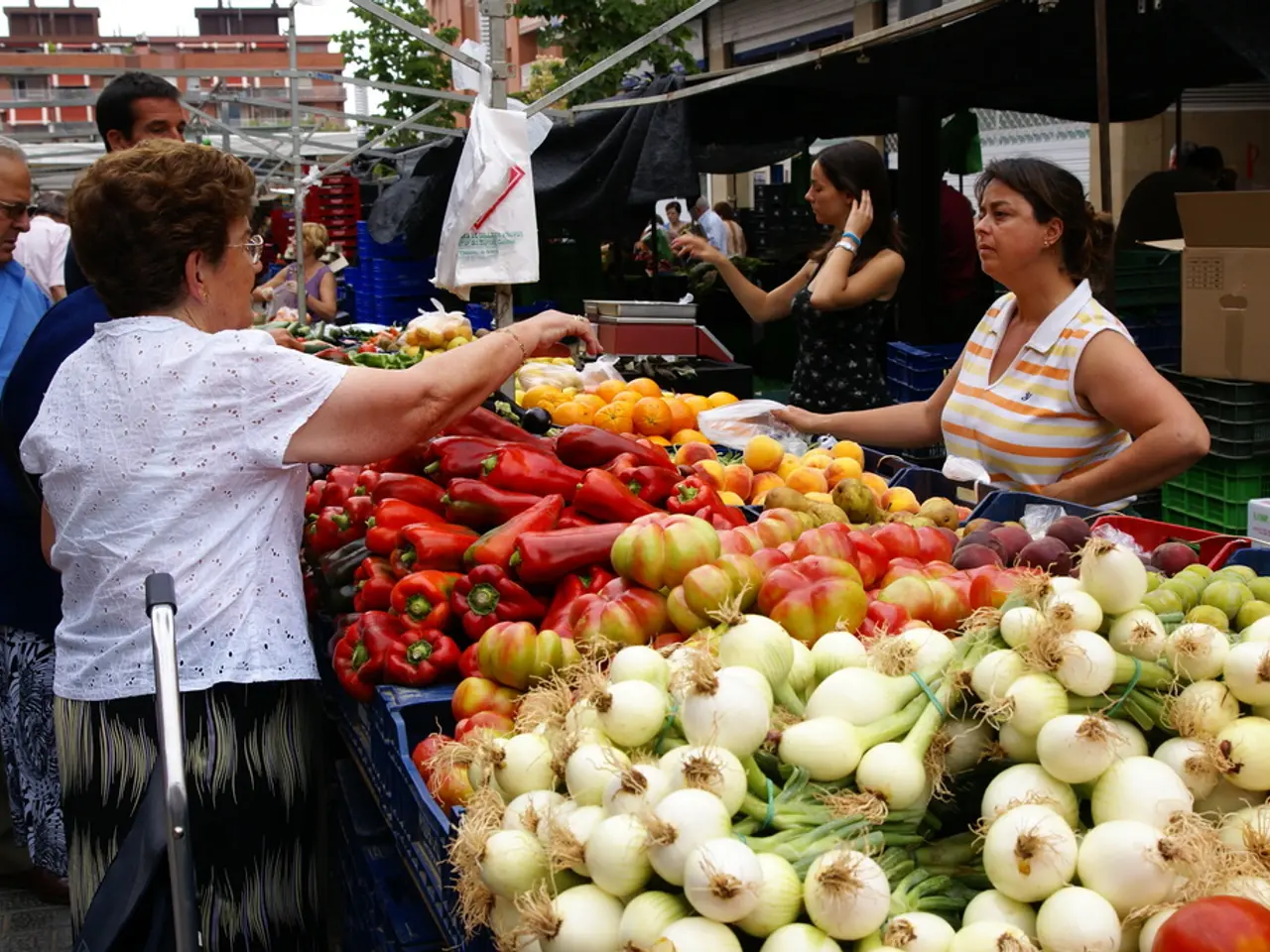India impedes adoption of worldwide plastics agreement
In the heart of Geneva, from August 4-14, 2025, the United Nations Global Plastics Treaty negotiations took place, marking a significant step towards addressing the global plastic crisis. The negotiations were part of a process set in motion by the 2022 United Nations Environment Assembly Resolution.
India, a rapidly developing nation, found itself at the centre of these discussions. When viewed through the lens of environmental change, India's development history reveals a narrative that is far more conflicted than celebratory.
The negotiations saw India siding with the Like Minded Countries (LMC) bloc and voicing opposition to limits on plastic production. This stance, however, may prove more damaging than beneficial. By siding with petrochemical exporters and resisting production caps, economies may secure short-term industrial gains but expose themselves to punitive trade measures.
The draft placed before the countries in Geneva proposed stronger measures for waste management, better recycling systems, and tightened controls on hazardous additives. The High Ambition Coalition (HAC) argued that production caps are essential to avert worsening ecological and public health risks. Opposing the HAC, the LMC, including India, rejected restrictions on production.
The stalemate at Geneva is a symptom of deeper global rifts. The very strategy framed as defending the right to development could leave countries vulnerable to economic isolation. Research on the decolonisation of environmentalism offers a useful lens in this context.
Communities living near landfills and incineration sites, often poor, Dalit, or Adivasi, bear disproportionate health costs. Industrial zones such as Dahej in Gujarat, Paradeep in Odisha, and Kochi in Kerala have driven rapid increases in plastic and chemical output in India. These areas, often remote and under-resourced, struggle to manage the waste generated by these industries, leading to environmental degradation and health risks for local communities.
The issue of plastic waste is not just a local concern. Marine ecosystems are suffocating under the weight of plastic debris. Microplastics infiltrate soil, water, and human bloodstreams, posing a threat to both human health and the environment.
Opposing limits on plastic production carries significant trade risks for India and other countries in the Global South. Similar mechanisms could emerge for plastic-intensive goods, placing exporters from the South at a disadvantage.
India faces a choice between weakening the treaty by defending petrochemical interests under the guise of development or reclaiming a genuinely decolonial and justice-oriented stance. The search results do not provide the identity of any person involved in the 2025 UN Global Plastic Treaty negotiations in Geneva who also conducted research at the National Law School of India University in Bengaluru. However, the decision made by India will have far-reaching implications, not just for its own development, but for the health of its people and the planet.
Read also:
- Understanding Hemorrhagic Gastroenteritis: Key Facts
- Stopping Osteoporosis Treatment: Timeline Considerations
- Tobacco industry's suggested changes on a legislative modification are disregarded by health journalists
- Expanded Community Health Involvement by CK Birla Hospitals, Jaipur, Maintained Through Consistent Outreach Programs Across Rajasthan








